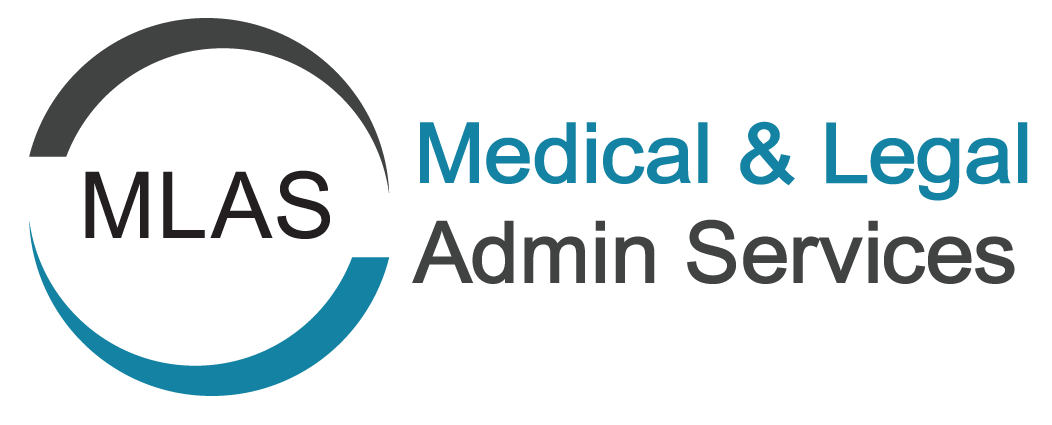The UKs legal system often hinges on specialised knowledge beyond the grasp of a Judge or Jury. That is where expert witnesses step in, acting as credible voices to illuminate complex matters. Who qualifies for this esteemed role?
Unlike some professions with strict entry requirements, becoming an expert witness is not about a single qualification. It is more about establishing yourself as someone with exceptional knowledge and experience in a specific field.
Here is a breakdown of what it takes:
Expertise
The core principle is that you possess in-depth knowledge that surpasses what a layperson would understand. This expertise can be built through various avenues:
- Extensive Professional Experience: Think of seasoned professionals like doctors, engineers, or accountants who have demonstrably built their careers in a specific field. Their experience translates into a deep understanding of the intricacies involved.
- Academic Qualifications: Holding a PhD in a relevant field can significantly strengthen your credentials. A strong academic background showcases your dedication to a particular area of study.
Essential Traits
While possessing specialised knowledge is paramount, being an effective expert witness demands more. Here are some key qualities to cultivate:
- Objectivity: Maintaining a neutral and unbiased stance is critical. Your opinions presented in court should be based solely on facts and established knowledge, not influenced by any external pressures.
- Communication Skills: The ability to explain complex concepts in a clear, concise, and understandable manner is essential. Remember, you are bridging the gap between intricate knowledge and the comprehension of the Judge and Jury
Examples
Imagine a personal injury case involving a faulty construction site. A civil engineer with a proven track record in structural analysis could be a valuable expert witness. Their professional experience allows them to offer insights into the integrity of the building and potential causes of failure.
In a financial fraud case, a forensic accountant with a background in analysing financial records could be crucial. Their expertise in uncovering hidden transactions and financial irregularities can be key in presenting a clear picture to the court.
Ultimately, the Court Decides
It is important to remember that while you may possess impressive qualifications and essential traits, the ultimate decision on your suitability as an expert witness rests with the Judge. They will assess your qualifications and determine if your expertise directly applies to the specific case at hand.
Considering a Career as an Expert Witness?
If you possess deep knowledge in a specific field, a career as an expert witness can be a rewarding path. Remember, continual professional development and honing your communication skills are crucial.
Contact us today for a discussion with our Client Relationship Manager, Sarah Massa, and discuss how we can help you turn your expertise into a valuable asset in the legal system.
